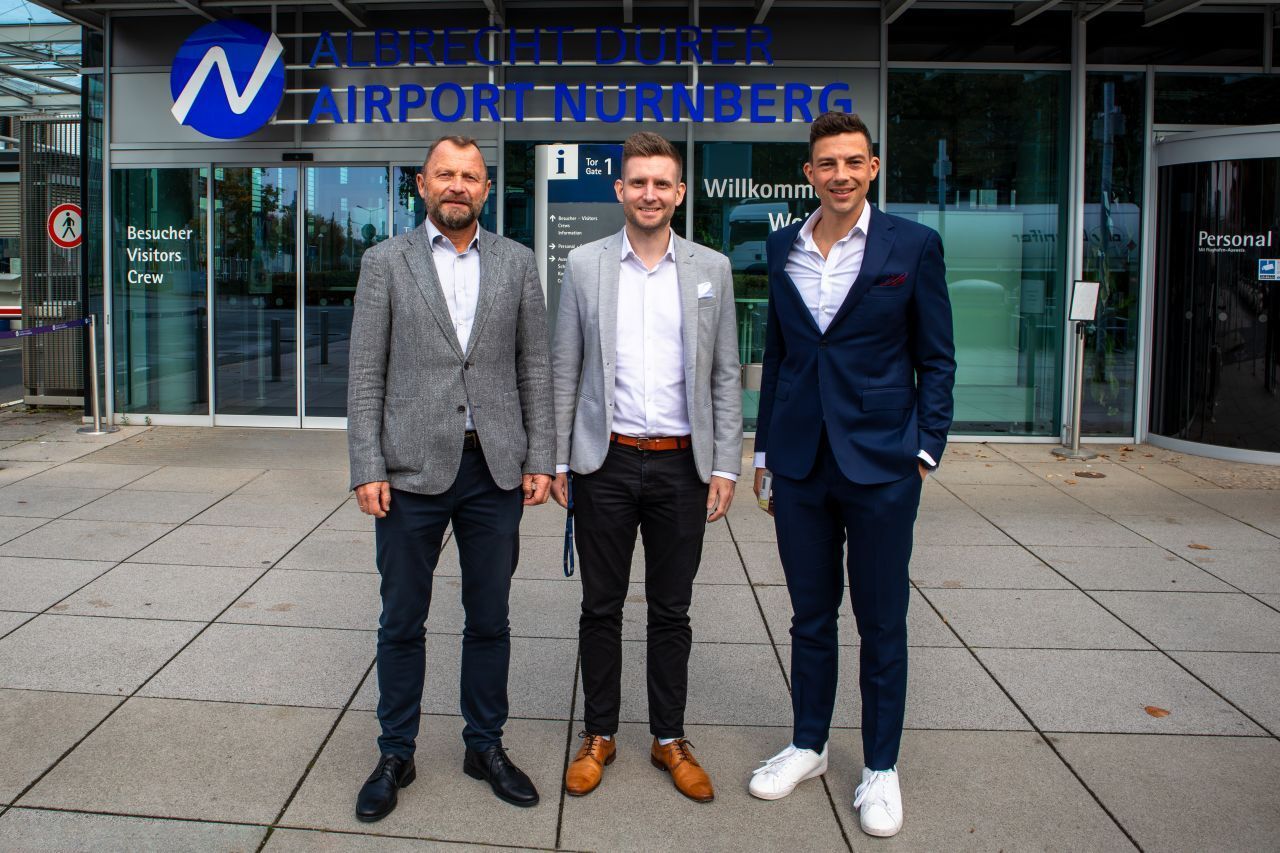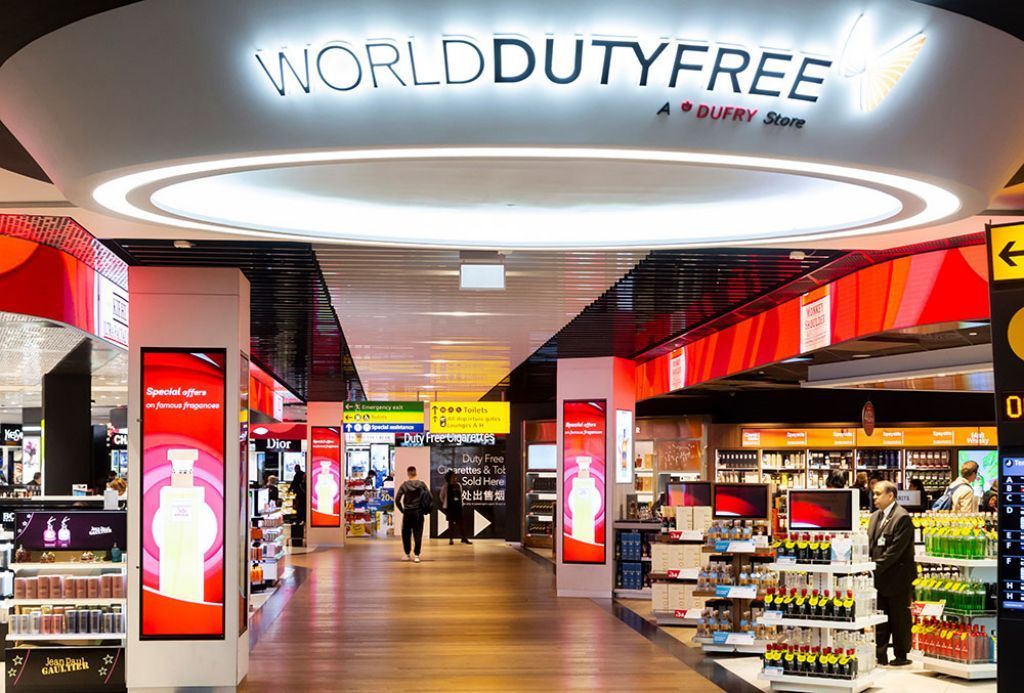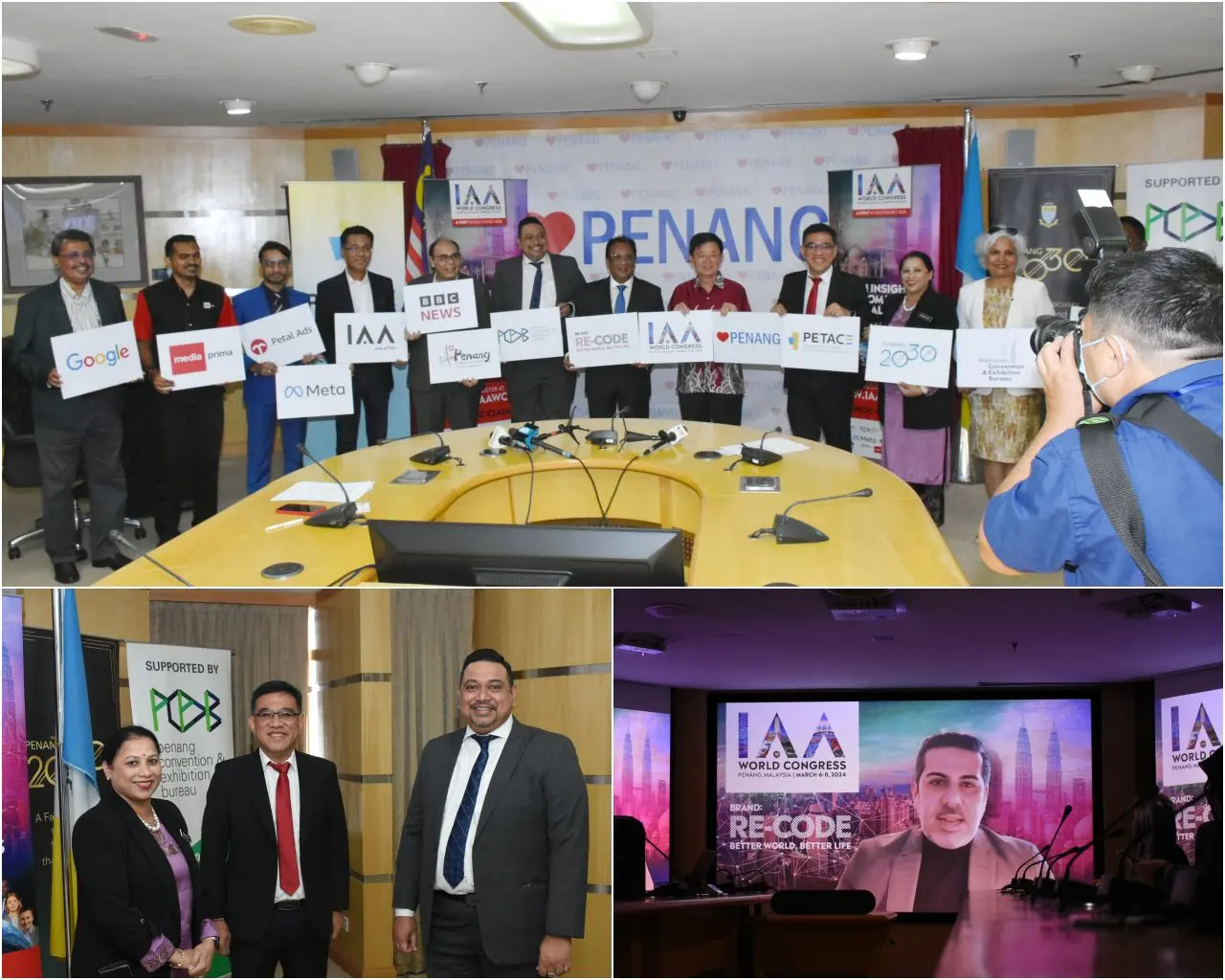Improving the hospitality industry’s recruitment issue is a multi-faceted challenge with no quick fix but the need for short-term as well as long-term measures, attendees of an industry webinar heard yesterday [17th May 2022].
Introducing the 16th industry webinar organised by global hotel consultancy HVS, legal expert Bird & Bird, publishing group EP Business in Hospitality and restructuring advisory firm AlixPartners, Bird & Bird partner Karen Friebe said that finding staff was the most pressing challenge facing the industry today. A straw poll of webinar attendees revealed that 52% had over 10% fewer staff than they needed, while 66% were expecting payroll costs to rise by up to 10% this year.
Stephen Cassidy, vice chairman UK Hospitality and senior vice president & managing director, UK & Ireland, for Hilton reminded the audience that hospitality was “about human interaction and connection. It’s vital to have the right people,” he said, adding that Covid and Brexit had seen some 100,000 EU workers leave the industry, with current vacancies standing at 188,000.
Cassidy said that we were seeing a changing attitude to employment with more working from home, greater desire for flexibility, the growth of the GIG worker and a changing narrative around work:life balance. He urged employers to adapt and compete with new propositions such as Uber and Deliveroo. Hilton, he said, had already introduced flexible shifts and in London the option to work in any hotel. Faster payment was also an issue. “Employees need a great on-boarding experience, access to training, a development pathway to growth, a great boss with strong leadership, to be treated with dignity and respect, high back-of-house standards, support for mental health and a new approach to diversity and inclusion,” he added.
Donald Sloan, chair of Oxford Cultural Collective and Ruud Reuland, former director general of the Ecole Hôtelière de Lausanne discussed how there was an urgent need for education in the hospitality sector to become more focussed with stronger partnerships with business. “Universities have become overrun with bureaucracy,” said Sloan, citing a disconnect between colleges and industry needs.
In a lively debate chaired by HVS London chairman Russell Kett, distinguished panellists shared their views on tackling recruitment. “We have to spread the word better and stronger and be more vocal and understanding about what people are looking for,” said Marie-Paule Nowlis, general manager of the Sofitel Hotel, St James’s London.
For Bird & Bird partner Alison Dixon it was about improving the reputation of the industry, while Joanna Aunon, director of WiHTL, an organisation dedicated to women’s representation and diversity, said: “It’s about being valued; even pre-pandemic, people were shifting in what they wanted in terms of purpose, being valued, and wanting to be heard.”
Antony Woodcock, co-founder and CEO of Gig, which matches shift workers across hospitality and retail sectors via an app, said the industry needed rebranding alongside a new understanding of what young people wanted out of their careers, a sentiment echoed by Theo Bortoluzzi, business development manager at Kerten Hospitality, who said that career and rewards weren’t necessarily financial but providing employees with a sense of place. Industry veteran Frank Croston, a partner at Hamilton Hotel Partners, argued that young people in hospitality weren’t being advanced quickly enough. For him graduates needed to be promoted more quickly and be given the responsibility they would in other industries.
Industry wages were another hotly debated issue and while it was acknowledged that margins in hospitality were tight, most of the panellists believed businesses had to improve wages but also to create a work environment where people wanted to remain.
Concluding the session AlixPartners’ managing director Graeme Smith summarised the speakers’ views: “We need to adapt and evolve the education system and communicate the prospect of what a career in this industry can mean as well as being competitive on pay, inclusive when it comes to recruitment, flexible in approach and sell the story of being good employers.”













